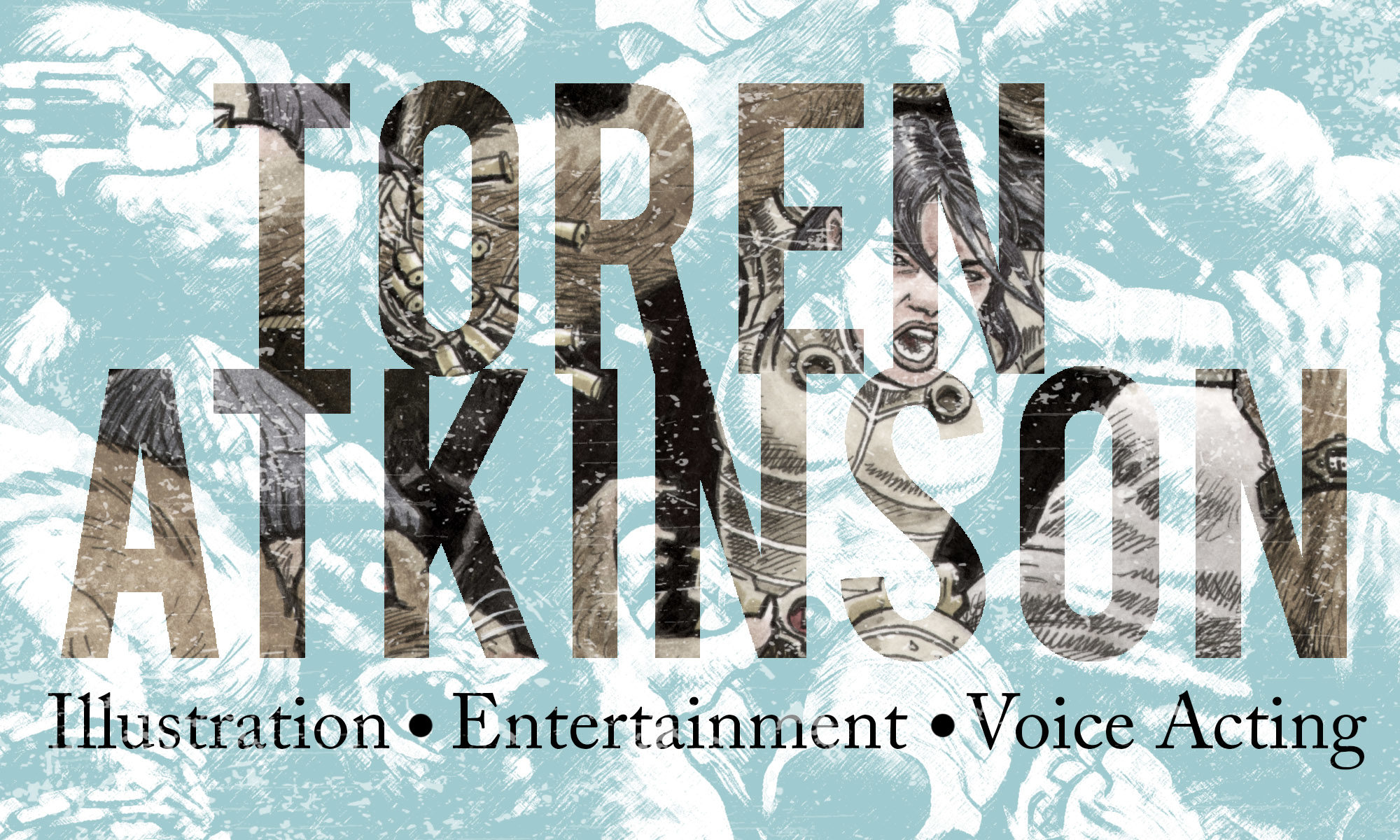Here’s a critical thinking test:
Read this article on how using Facebook and Twitter make you a bad person. Don’t have time? Okay, I’ll give you the gist in small, edited quotes:
- Using Twitter and Facebook could harm moral values, as they don’t allow time for compassion or admiration, scientists have warned.
- emotions linked to moral sense are slow to respond to news and events and have failed to keep up with the modern world
- If things are happening too fast you may not ever fully experience emotions about other people’s psychological states and that would have implications for your morality
- Using brain imaging they found that humans can sort information very quickly and respond in fractions of a second to signs of physical pain in others, but admiration and compassion take much longer.
- In a media culture in which violence and suffering becomes an endless show, be it in fiction or in infotainment, indifference to the vision of human suffering gradually sets in
Now, how much of that do you believe, and why? Answers tomorrow.


There are two things to notice about this article.
First, it lists two popular social networking sites by name. A reasonable study would either abstract away the details of how a website is implemented, or study user interactions over a very broad range of sites. So either this study was flawed, or the reporter was extrapolating the contents of the article. Either way, ignore it.
Second, the article is heavily paraphrasing what the scientists said. There are no quotes from interviews from the researchers involved, which is what you would expect if it was from a University news release. University news releases aren’t great, but usually the press office works closely with the scientists to get the best possible explanation of the research in laymans terms. Chances are good in this case that the reporter either has a copy of the article and is trying to interpret the results him/herself, or the article is based on hearing about the research second hand. I don’t think I need to explain why either of those are bad.